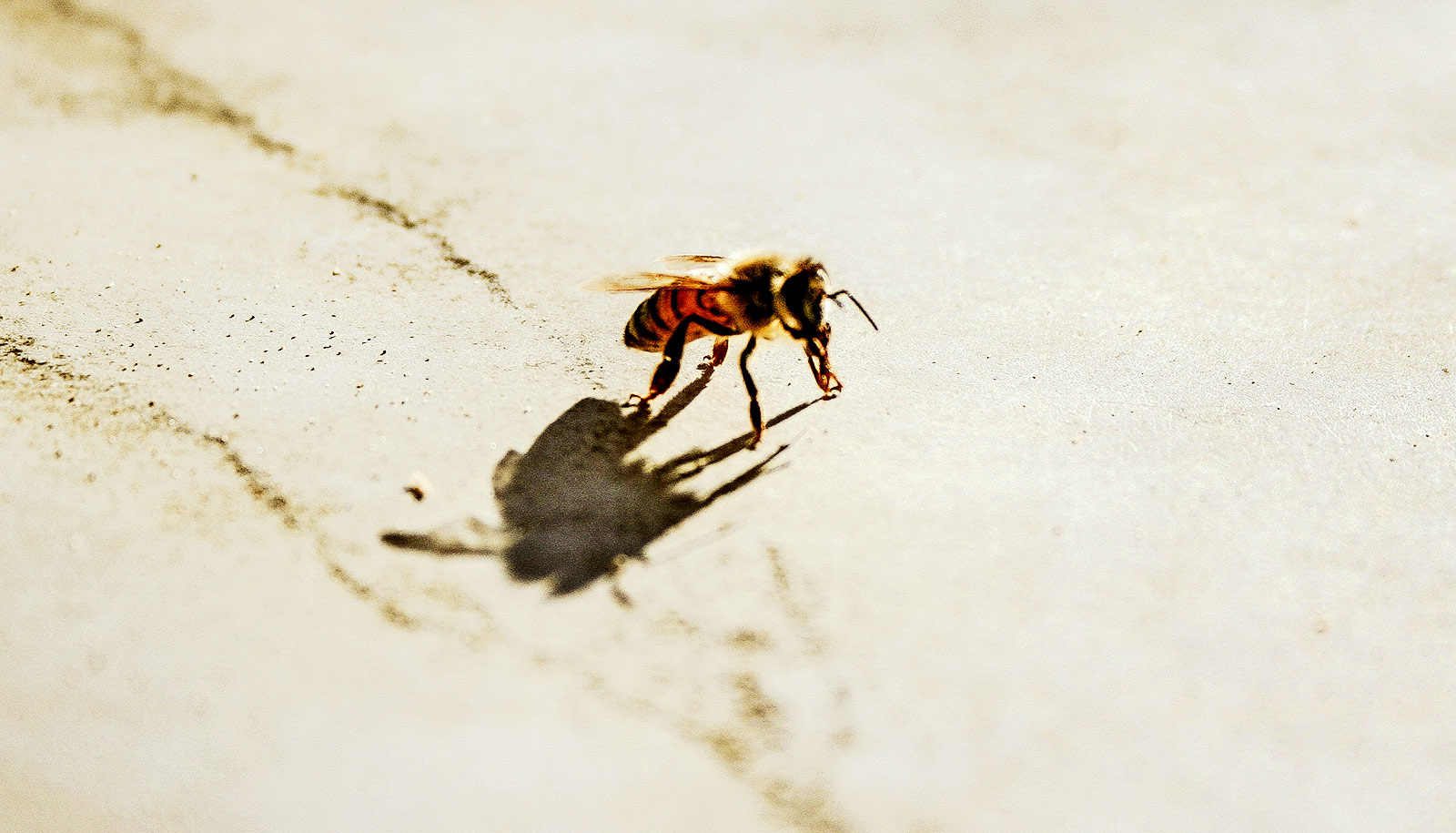The phenomenon of a total solar eclipse may be fascinating to humans, but it can be downright confusing for wild animals and pets who depend on the sun to know what time of day it is.
Awe, amazement, and wonder are a few of the reactions humans have to a solar eclipse. The extremely rare occasion of being in the path of totality—where the moon’s disk completely blocks the sun for a few short moments—captivates audiences and inspires a sense of excitement.
Austin Garner, a biology professor at Syracuse University, studies animal behaviors in his research on the biomechanics of animal movement and attachment.
Here, he explains what animals may experience in the lead-up and aftermath of a total solar eclipse:
Why is the sun so important to animals in their daily lives?
Sunrise and sunset make light a very prominent feature that dictates the behavioral patterns of animals. Many diurnal animals, those that are active during the day like humans, increase their activity following sunrise and subsequently decrease their activity following sunset.
Animals that are active at night (nocturnal), on the other hand, typically display the opposite activity patterns as diurnal animals. Thus, many animal biologists have theorized that animals should display their typical nighttime behavior in response to a total solar eclipse.
Have there been many studies exploring how solar eclipses affect animals?
Surprisingly, there are fewer than one might expect. Total solar eclipses in a particular region are relatively infrequent (the next total solar eclipse visible in the US is not projected to occur until August 2044) and have a short duration, meaning that studies happen infrequently and must be carefully executed. Additionally, studying animal behavior in large regions and at large scales is notoriously difficult to achieve.
Have animal biologists been able to draw any results from these limited research opportunities?
By and large, researchers have found that most animals react to a solar eclipse by beginning their nighttime routines as totality approaches. Common animal vocalists in evening choruses, such as frogs and crickets, may begin singing, while animals that vocalize during the daytime, such as most cicadas, may stop.
Honeybees that forage for nectar and pollen during the day have been observed to return to their hives, nocturnal moths begin to take flight, and spiders that trap insects in their webs during the day begin to take their webs down during a total solar eclipse. Birds and insects that migrate at night have also been shown to take off in flight during solar eclipses.
Do all animals react this way, or are there exceptions?
Some research has shown that domesticated animals such as dogs and horses, and exotic zoo animals including baboons and flamingos, along with some wild birds, exhibit nervous behaviors during solar eclipses, such as becoming silent and still, beginning to pace or cluster, and being particularly vigilant.
And yet other studies have indicated that some animals, such as certain species of rodent, warthogs, and crocodiles, do not respond to solar eclipses at all!
What should we watch out for regarding our pets or other animals during the eclipse?
How or if animals respond to these celestial events likely depends on several factors ranging from their typical activity period to their baseline behavioral patterns to whether they are domesticated or not. So, while you’re experiencing the total solar eclipse this year, take a look around you and see what other animals are doing during this uncommon event.
Source: Syracuse University



